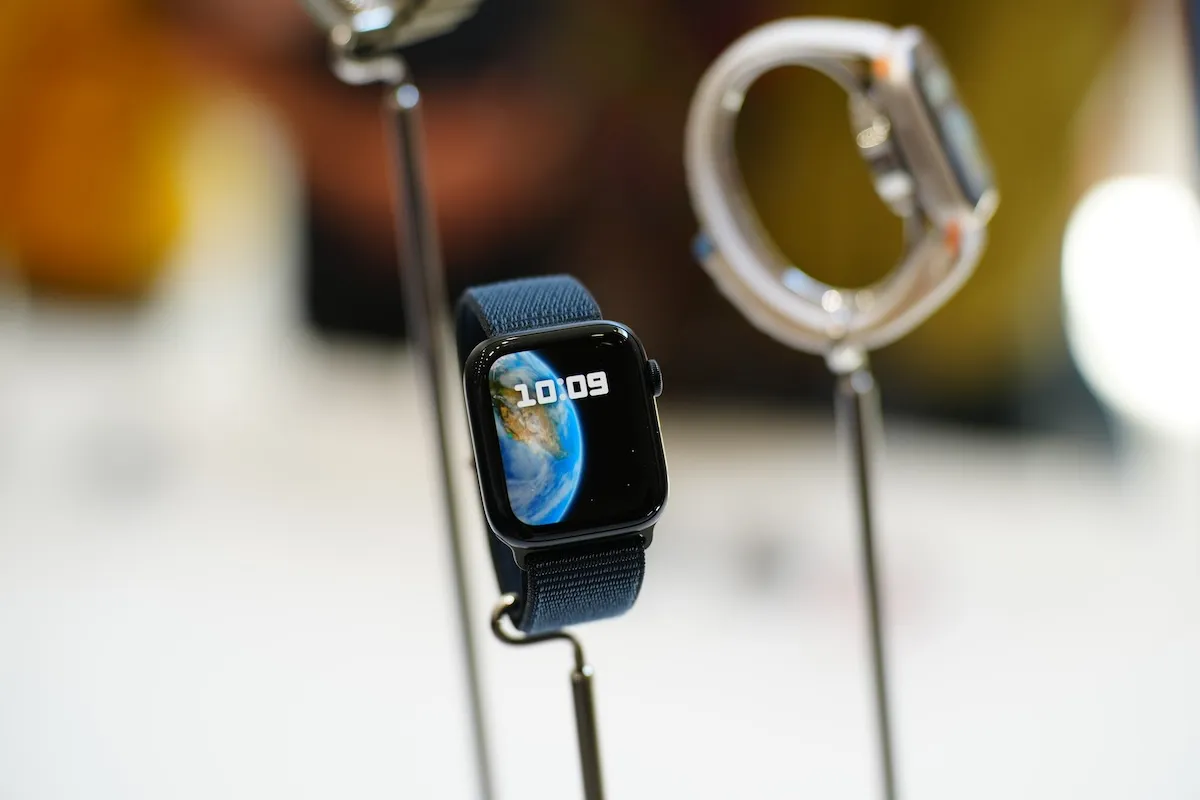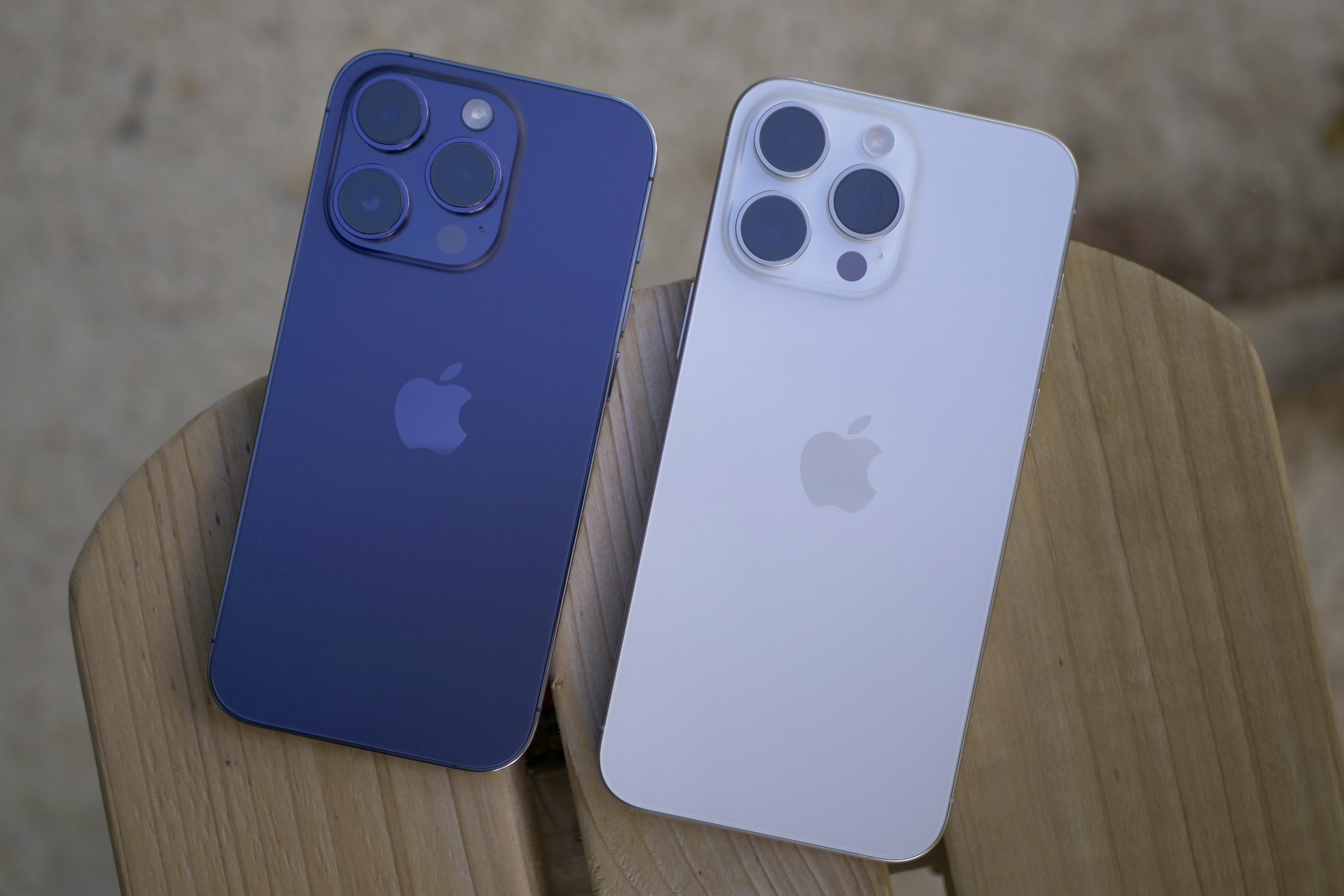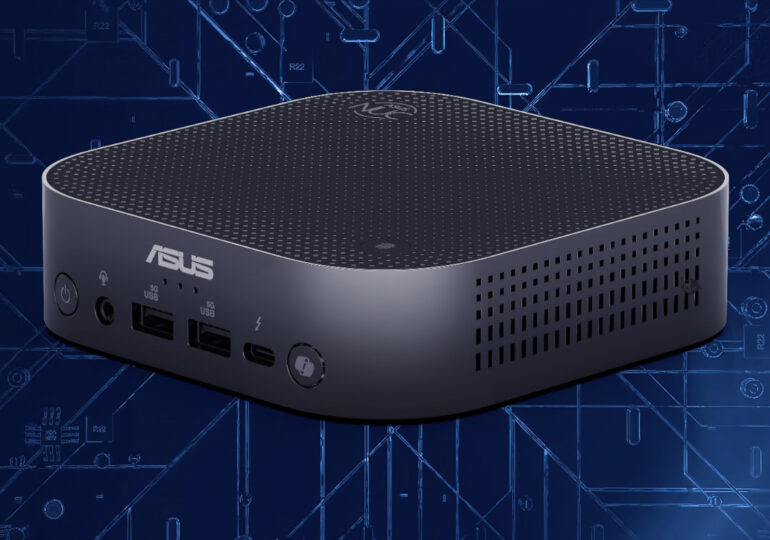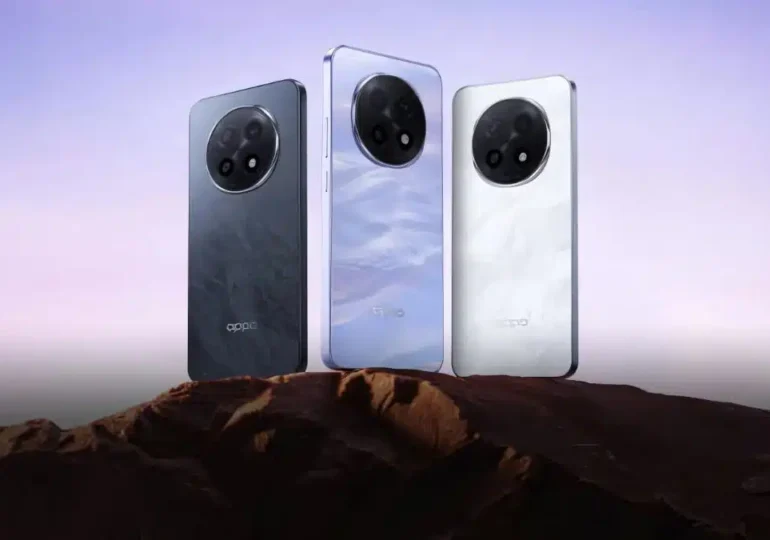Here’s what the DOJ suit could mean for Apple Watch

Apple’s ecosystem play has — at once — been the envy and bane of the consumer electronics industry for decades. Following a lawsuit filed by the U.S. Department of Justice on Thursday, it’s now also at the center of strong antitrust charges levied against the hardware giant.
The sweeping lawsuit, jointly filed with the attorneys general of 16 states and the District of Columbia, focuses primarily on the iPhone and controversial practices like the company’s walled-off approach to app sales. The Apple Watch gets some face time in the filing, as well.
The suit rightly notes that the Apple Watch is “only compatible with the iPhone” — a longstanding complaint among Android users interested in picking up what is far and away the market share leader.
“So,” the filing continues, “if Apple can steer a user towards buying an Apple Watch, it becomes more costly for that user to purchase a different kind of smartphone because doing so requires the user to abandon their costly Apple Watch and purchase a new, Android-compatible smartwatch.”

The filing goes on to cite the appeal of “cross-platform smartwatches,” which it claims, “can reduce iPhone users’ dependence on Apple’s proprietary hardware and software.” There’s no doubt that a big piece of Apple’s ecosystem play is compelling users to stick with its own hardware across a range of product lines. That’s an important piece of the “just works” ethos.
Apple is not, however, alone in ensuring that certain functionality only operates as stated with first-party hardware. This has become an increasingly essential piece of auxiliary products like smartwatches and Bluetooth headphones. One important difference, though, is that the majority of the non-Apple handsets out in the world run the same operating system, affording an added level of cross-manufacturer functionality.















